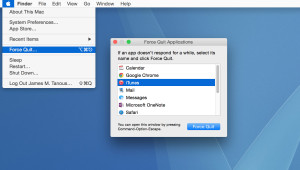The respective market shares of Windows RT and Windows Phone are less than ideal, and Microsoft’s new Windows chief Terry Myerson has a plan to address that: make them free. According to Microsoft sources speaking with The Verge on Wednesday, the Redmond company has placed the notion of giving its mobile-focused operating systems to manufacturers for free, similar to the distribution strategy of Google’s Android, under serious consideration.
As part of a broader shift in direction for the future of Windows — a shift that may even see the return of the full-blown Start Menu — a freely licensed mobile operating system could give Microsoft a powerful weapon to wield against Android and Apple’s iOS when it comes to wooing device manufacturers.
Although many would be surprised by such a move, it makes sense in the context of the company’s pending acquisition of Nokia’s mobile hardware business. Microsoft currently generates mobile revenue by charging licensing fees for its Windows Phone and Windows RT operating systems, similar to the strategy it has employed for years with the desktop versions of Windows. But with Nokia already accounting for over 80 percent of Windows-based handsets, there will be relatively few sources from which to collect licensing revenue after the acquisition is complete.
Microsoft doesn’t plan to give up all mobile revenue, however. The company hopes that a surge in market share caused by freely licensed operating systems will enable it to make up lost revenue via a combination of app purchases and ad revenue derived from Microsoft’s news and entertainment applications. An increased user base would also likely mean more subscribers to Microsoft’s paid services like SkyDrive, Office 365, and Xbox Music.
A shift to freely licensed mobile versions of Windows would represent a huge departure for Microsoft, a company that has made billions primarily from software licensing fees. With Windows Phone faltering and the future of the company pegged closely to its success in mobile, however, the bold move may be the only way to gain ground on Google. But the question remains: will Mr. Myerson be able to pull off such a drastic plan in the absence of a new CEO?






















